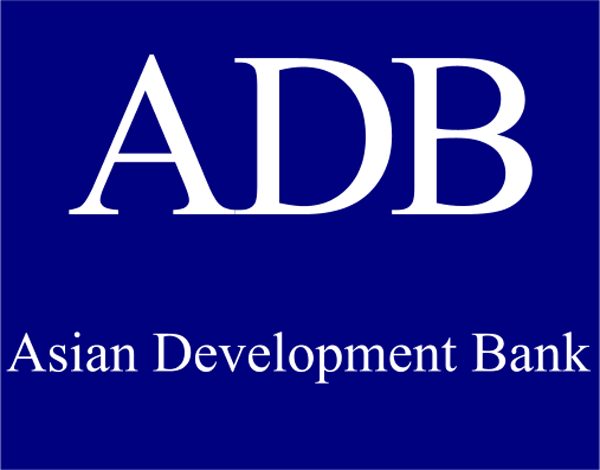The Asian Development Bank (ADB) and various donors have committed $5 billion to replenish ADB’s Asian Development Fund (ADF) 14 and the Technical Assistance Special Fund (TASF) 8, with Pakistan listed as a beneficiary.
This decision was announced during ADB’s 57th annual meeting in Tbilisi, Georgia.
ADF 14, which represents the 13th replenishment since its inception, will fund grant operations from 2025 to 2028.
This cycle will see a 22% increase in funding compared to the previous cycle, offering the largest-ever volume of ADF grants.
Additionally, TASF 8 will support project preparation, capacity building, and technical or policy advice.
ADB President Masatsugu Asakawa highlighted the importance of these grants in aiding the most vulnerable member countries to address development challenges and climate change. ADF 14 will focus on aiding small island developing states and countries affected by conflicts, emphasising climate change adaptation and disaster risk reduction.
The fund will also support regional cooperation, gender-focused initiatives, and provide emergency assistance through its crisis response window.
Contributions totaling more than $2.5 billion, which accounts for over half of the replenishment, will come from donors, including newcomers Armenia and Georgia.
ADB plans to increase its net income transfers to ADF, from nearly $1.2 billion in the previous cycle to almost $1.6 billion in ADF 14, marking a 35% rise.
The fund will also utilise $0.9 billion from previous ADF cycles and returns from liquidity investments. Concurrently, ADB will offer $16.7 billion in concessional loans with low-interest rates and extended repayment periods during the ADF 14 cycle.
This strategy will enable ADB to provide more than $8 in grants and loans for every $1 in donor contributions.
Donors to ADF 14 include Armenia, Australia, Austria, Canada, Denmark, Finland, France, Georgia, Germany, Hong Kong, China, India, Indonesia, Ireland, Italy, Japan, Luxembourg, Malaysia, Netherlands, New Zealand, Norway, People’s Republic of China, Philippines, Portugal, Republic of Korea, Spain, Sweden, Switzerland, Taipei, China, Turkiye, United Kingdom, and the United States.
Primary grant recipients include Micronesia, Kiribati, Kyrgyz Republic, Maldives, Marshall Islands, Nauru, Samoa, Solomon Islands, Tajikistan, Tonga, Tuvalu, and Vanuatu. Additional support will be available for Afghanistan, Myanmar, and transformative projects in several other developing countries including Bangladesh, Bhutan, Cambodia, Cook Islands, Fiji, Laos, Mongolia, Nepal, Niue, Pakistan, Palau, Papua New Guinea, Sri Lanka, Timor-Leste, and Uzbekistan.




